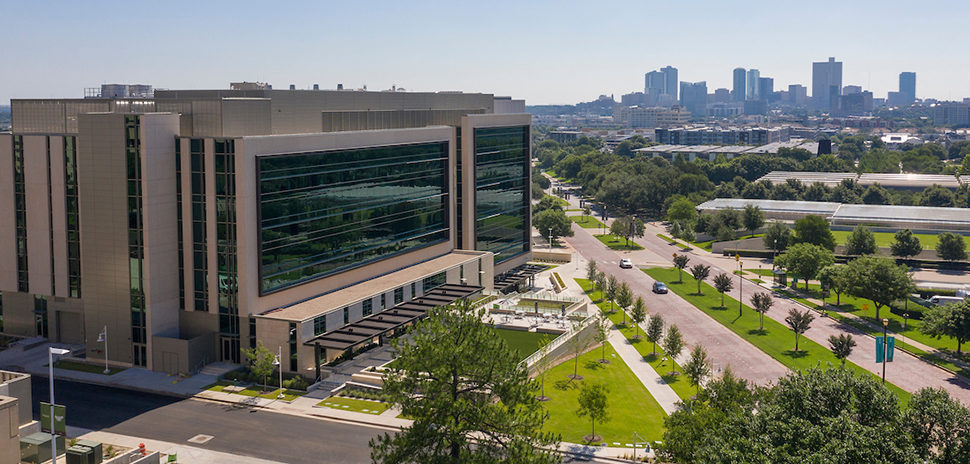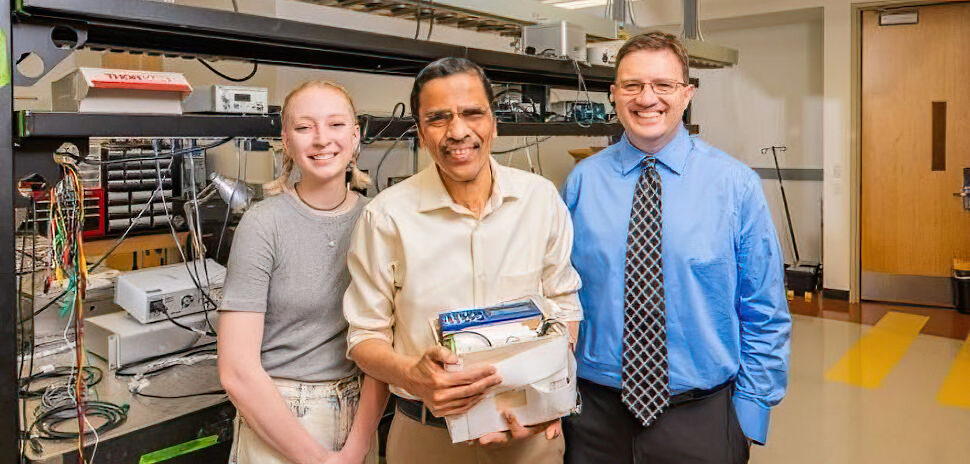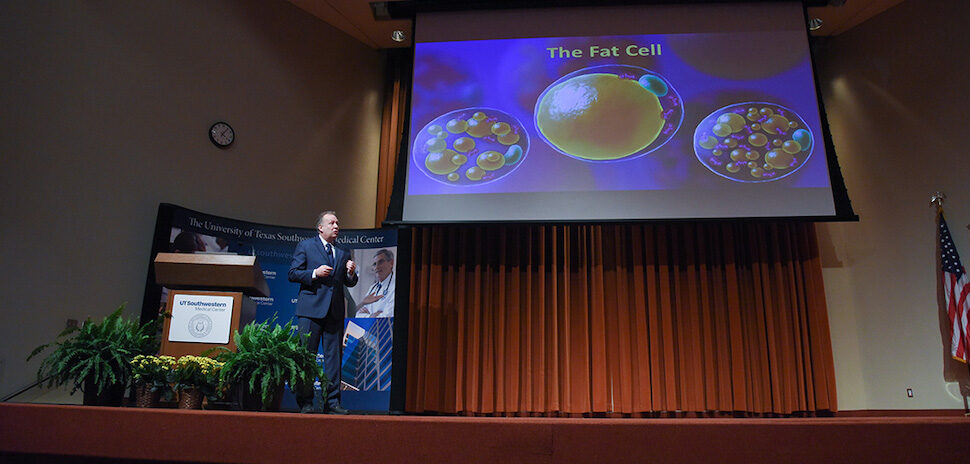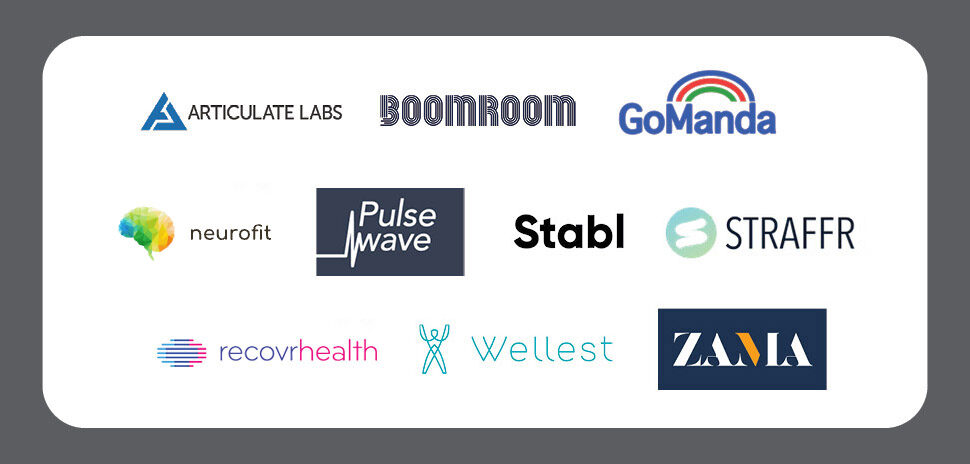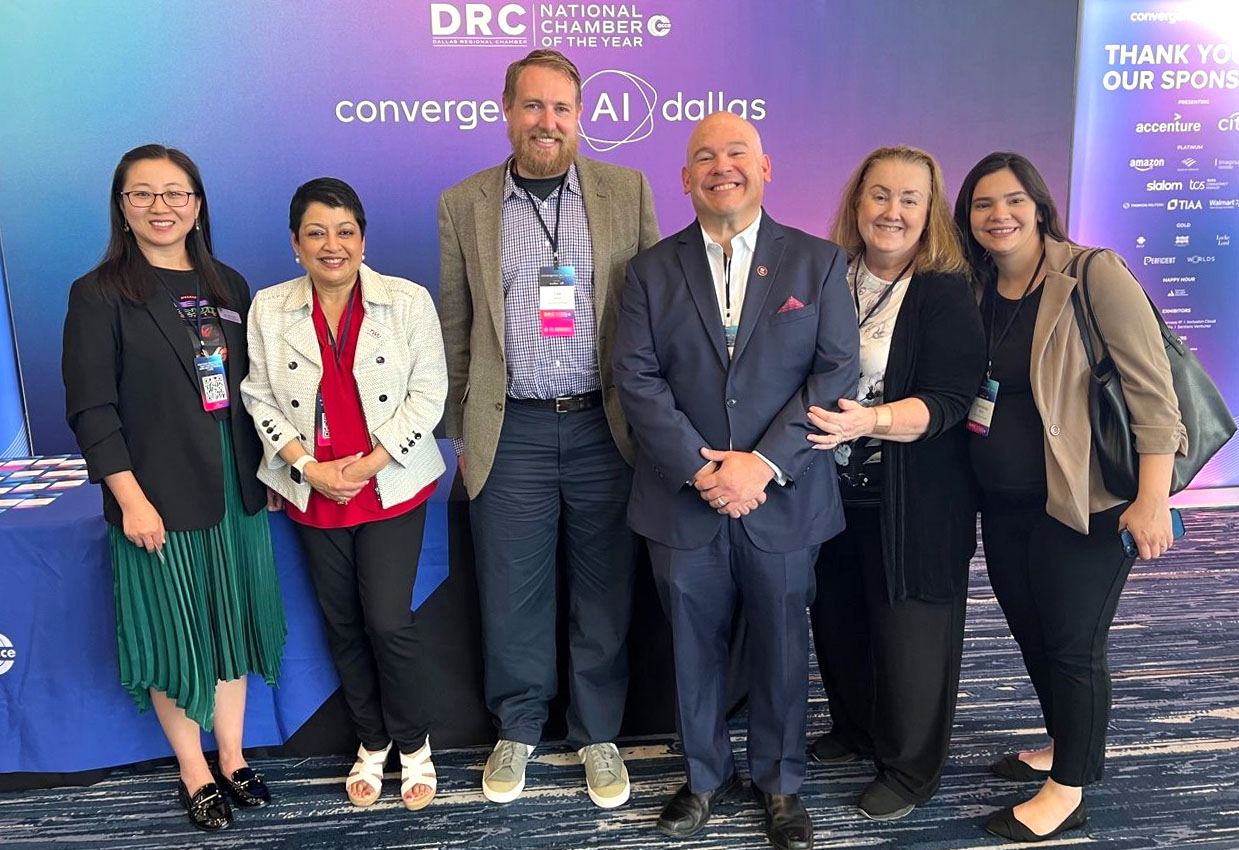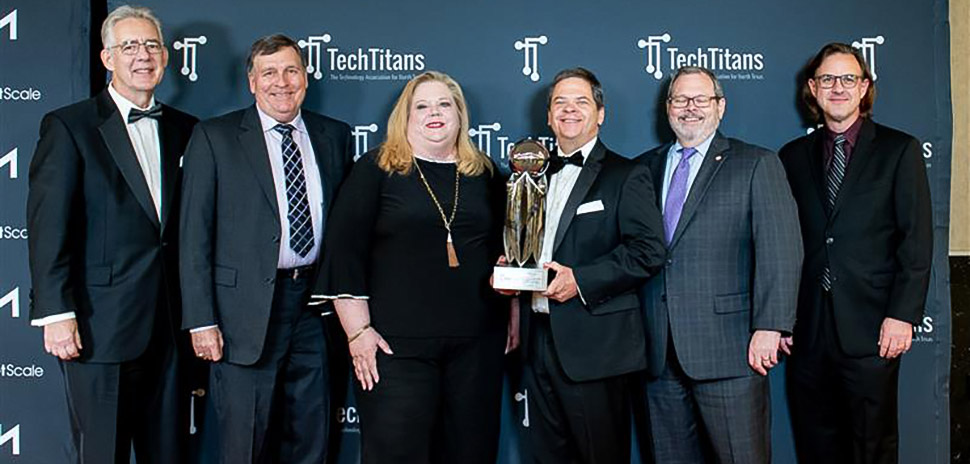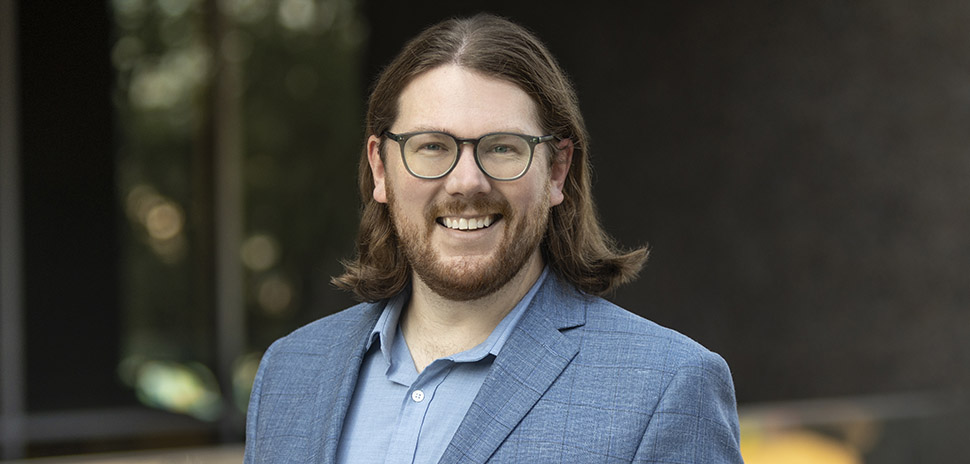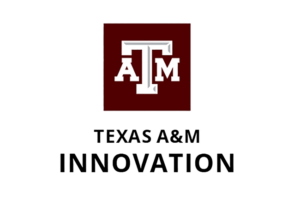Researcher and professor Sid O’Bryant says a UNT HSC Alzheimer’s disease study is “going to change the world.” Now the largest grant ever received by the UNT system could help make his promise a reality.
The Institute for Translational Research at the UNT Health Science Center at Fort Worth has landed a five-year, nearly $150 million grant that will help fuel one of the largest studies of Alzheimer’s disease. The study aims to be one of the most inclusive to date, in the hopes of better understanding how the disease affects different racial and ethnic groups.
“There has never been a large-scale study like this before that will use a health disparities framework in this way,” O’Bryant, executive director of the ITR, said in a statement. (O’Bryant was named to Dallas Innovates’ Future 50 in Dallas-Fort Worth list last year.)
‘A bio behavioral moonshot program’
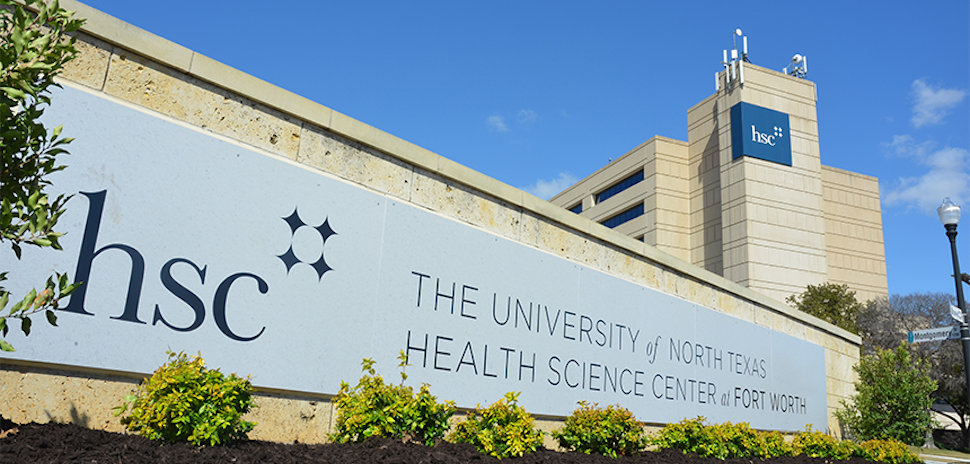
[Photo: UNTHSC]
According to the university, Alzheimer’s is likely to affect Mexican Americans an average of a decade earlier in their lives than other groups, with Hispanics projected to have the largest increase of the disease by 2060. Black Americans have the highest rates of the disease. Yet, Alzheimer’s studies have historically focused largely on white, non-Hispanic populations. UNT HSC’s study aims to change that.
The new funding from the National Institutes of Health’s National Institute on Aging builds on research that has already been taking place at HSC, exploring the biological changes of Alzheimer’s across the country’s three largest groups—white, Black, and Mexican American—with the goal of developing novel ways to detect and treat the disease.
“This award and project are nothing short of a bio behavioral ‘moonshot’ program to understand, alleviate, and eventually solve the origins, pain, and suffering of Alzheimer’s disease,” Brian Gladue, HSC executive VP for research and innovation, said in a statement.
Study aims to understand environmental, socio-cultural factors
The project started at the ITR in 2016, initially focusing on white and Hispanic people over the age of 50, and has been fueled previously by nearly $50 million in grant funding from the National Institutes of Health. The HSC helped expand the research to Black populations in 2020 with a $7 million investment. So far, researchers have enrolled around 3,000 people in the study.
With the new funding, the study aims to enroll 500 participants between the ages of 30 and 49, with representation from each of the three ethnic groups, allowing researchers to better understand the environmental and socio-cultural factors that influence the appearance of Alzheimer’s biomarkers.
“This grant will enable us to meet the long-term goal of establishing population-specific, precision medicine approaches for treatment and prevention strategies,” O’Bryant said.
17 other institutions collaborating
While collaborators from 17 other institutions—including Columbia University, the Alzheimer’s Association, and Washington University—are working on the study, its participants will be recruited from North Texas and will be evaluated at the ITR. Each participant will go through interviews, exams, and clinical lab tests, along with a brain MRI and two PET scans, as researchers look for the biomarkers of the disease.
“The opportunity to change the trajectory of Alzheimer’s and lead this first-of-its-kind health disparities work is an honor and privilege for all of North Texas and beyond,” Sylvia Trent-Adams, HSC president, said in a statement, adding that the grant is a “true testament to the groundbreaking neurodegenerative research the team has already accomplished.”
![]()
Get on the list.
Dallas Innovates, every day.
Sign up to keep your eye on what’s new and next in Dallas-Fort Worth, every day.












